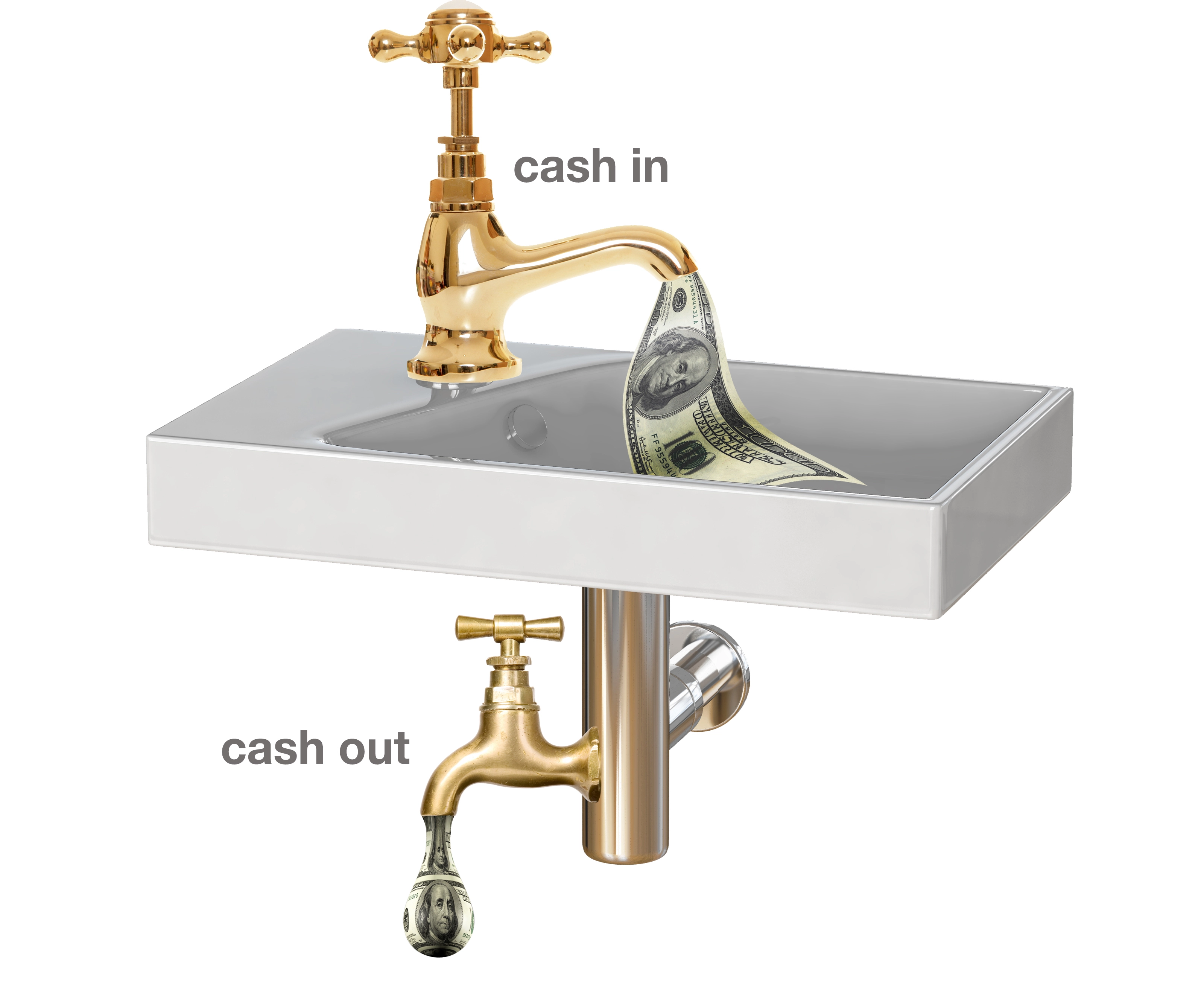If you don't have a system in place to prevent theft by employees, you won't be able to control it once it starts.
Most employees are honest. However, when faced with stressful situations, even honest people cando things that are wrong, most notably stealing. If you don’t have system sin place to prevent theft by employees,you won’t be able to control it once it starts. Worse yet, you won’t even know it’s going on. Stealing from an employerbecomes easier each time an employeegets away with it. Before you know it,you’re out thousands of dollars.You might think me jaded or para-noid, but I base my viewpoint on real-life observations. “I’d trust my bookkeeper with my life” is a statement that I’ve heard repeatedly from business owners, and it makes me cringe each time. I’ve known many “trusted bookkeepers” who embezzled small, almost-unnoticeable amounts for decades before they were caught.Those little sums can add up to tens of thousands of your hard-earned dollars. Remember: The job of a good embezzler is to become the trusted bookkeeper. One of the worst things that I ever had to do as part of my business consulting activities was to tell two partners in a three-partner company that the third partner was embezzling $50,000 per year. How did he do it? Even though two signatures were needed on checks, one of those signatures was a signature stamp. Since the embezzler balanced the check-book, he could write checks to himself. Please do not have signature stamps in your company. Here are five other ways to improve your chances of keeping honest people honest and protecting your revenues.
1. Have bank statements sent to your home, not business.This is a MUST. You’ll learn a lot by going through the statement and checks each month, and you will be ensuring that the records are accurate (not al-tered after the bank sends them), safely stored, and kept confidential. Plan about 15 minutes to go through the monthly statement. You’ll learn about checks that have bounced, late loan payments, and other valuable information about your money. Look at who the checks are written to and the signatures on them. If a check is written to a company or person you don’t recognize, ask about it. This is sending a message to your bookkeeper — “I’m keeping an eye on things.” An honest bookkeeper won’t mind; a dishonest one will go elsewhere. Even if you personally open bank statements sent to your business ,this still is not safe: Envelopes can be steamed open and resealed. In addition,you still might not be seeing the notices of bounced checks, late payments, andother bank correspondence about your account.
2. Complete your financial statementson time. Your financial statements should becompleted by the 15th to the 20th ofthe following month. These statements are your business score card and tell you where you stand. They tell you where the problems are and when you need to take action to change something. Make sure that the balance sheet balances. Read the income statement. Make sure that there are not two rent payments (or no rent payments) or two utility payments (or no utility payments) or two or none of the other overhead expenses.In addition, receiving January’s results in March does you no good.Minor issues that could have been dealt with have probably grown much larger now. Get help if you don’t understand how to read financial statements. Go to a class. Read a book. (My “Keeping Score: Financial Management forHVAC Contractors” is an 86-page manual, and it’s free. Just email me atruthking@hvacchannel.tv.)
3. Set and enforce standards with your bookkeeper. If your bookkeeper always has an excuse about the quality or timeliness of the financial statements, you need to take a hard look at what’s going on.It could be the case of an embezzler trying to hide something; or maybe the person just needs more training or updated software. Or, maybe the person is not qualified and needs to be replaced.The important thing is to fix the situation so that your standards are kept. Missing financial statements and unbalanced checkbooks are the two biggest warning signs that something is amiss with your money. Standards make it easy to spot this immediately and respond.
4. Know your financial ratios. There are 10 critical financial ratios that you must calculate monthly andtrack on a spreadsheet. This way, you can spot minor financial issues and take care of them before they become major crises. I’ve written about these in past columns, which are available at www.hvacrbusiness.com.
5. Question sudden changes in gross margins. One of the easiest ways for an employee to steal from your company isto order materials from your suppliers on your accounts and send them tohis own company. Your company has additional expenses, which you don’tquestion because the expenses are from your vendors. You just sign the checks. The person ordering has no materials expense and makes a great profit for his company.The easiest way to catch this is by watching your gross margins eachmonth. If your gross margins go down, you need to know why. Each month you need to balance inventory and cost of goods sold.If it doesn’t, then find out why. Things may be walking out “the back door.” Next month, I’ll cover five more ways to keep the honest people honest.
Ruth King has over 25 years of experience in the hvacr industry and has workedwith contractors, distributors and manufacturers to help grow their companiesand to become more profitable. She is president of HVAC Channel TV and holdsa Class ll (unrestricted) contractors license in Georgia. Ruth has authored twobooks The Ugly Truth About Small Business and The Ugly Truth about ManagingPeople. Contact Ruth at www.hvacchannel.com or 770-729-0258.





